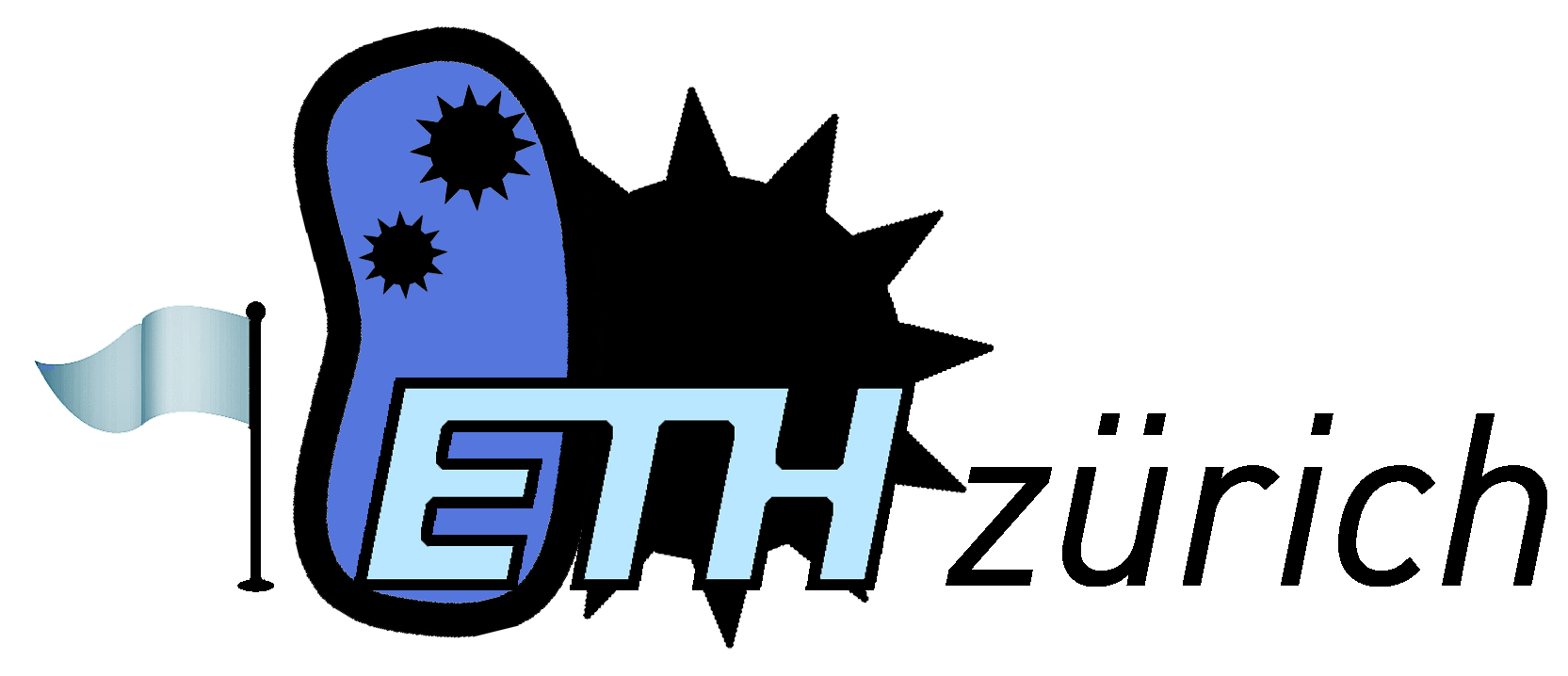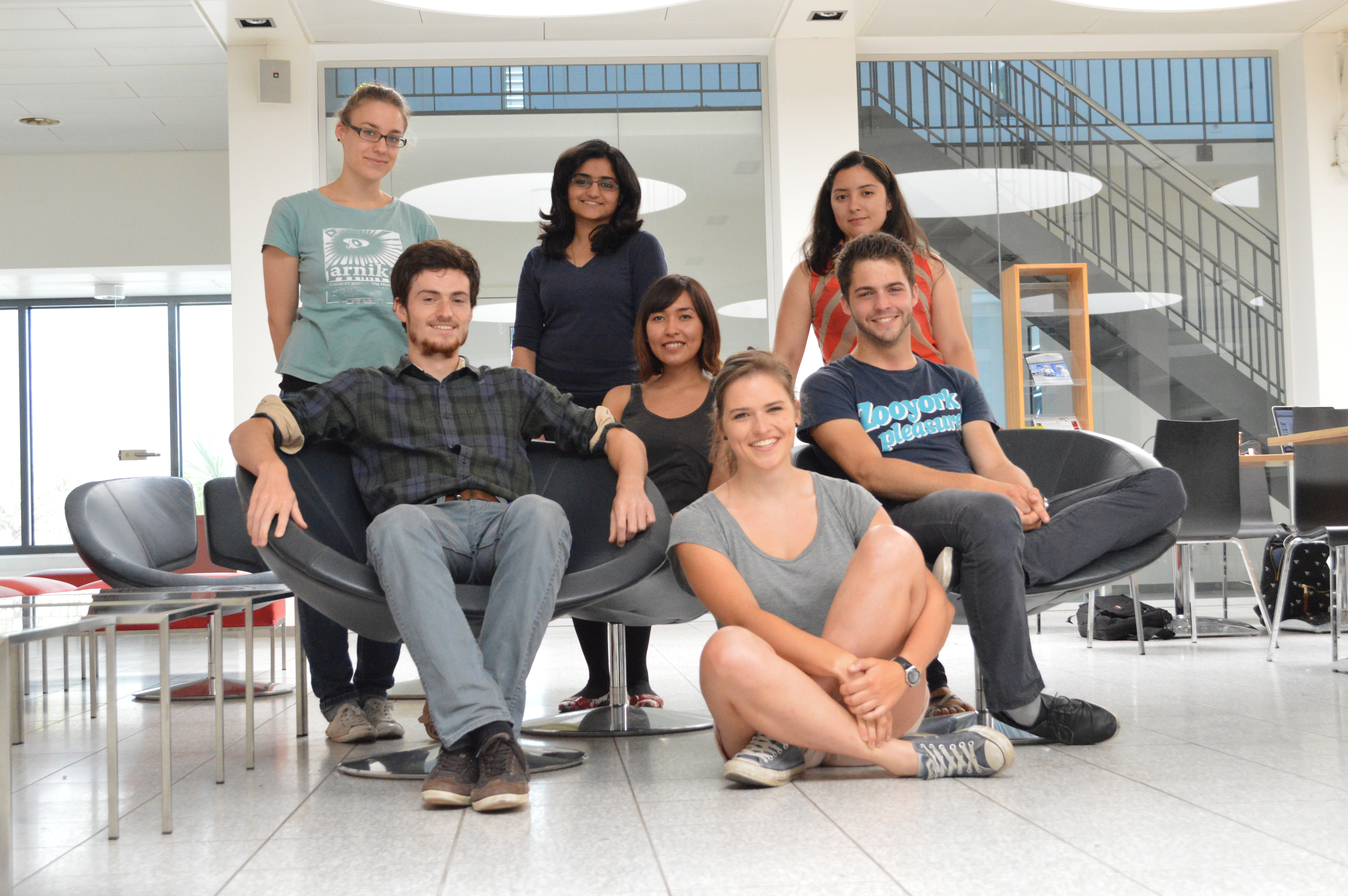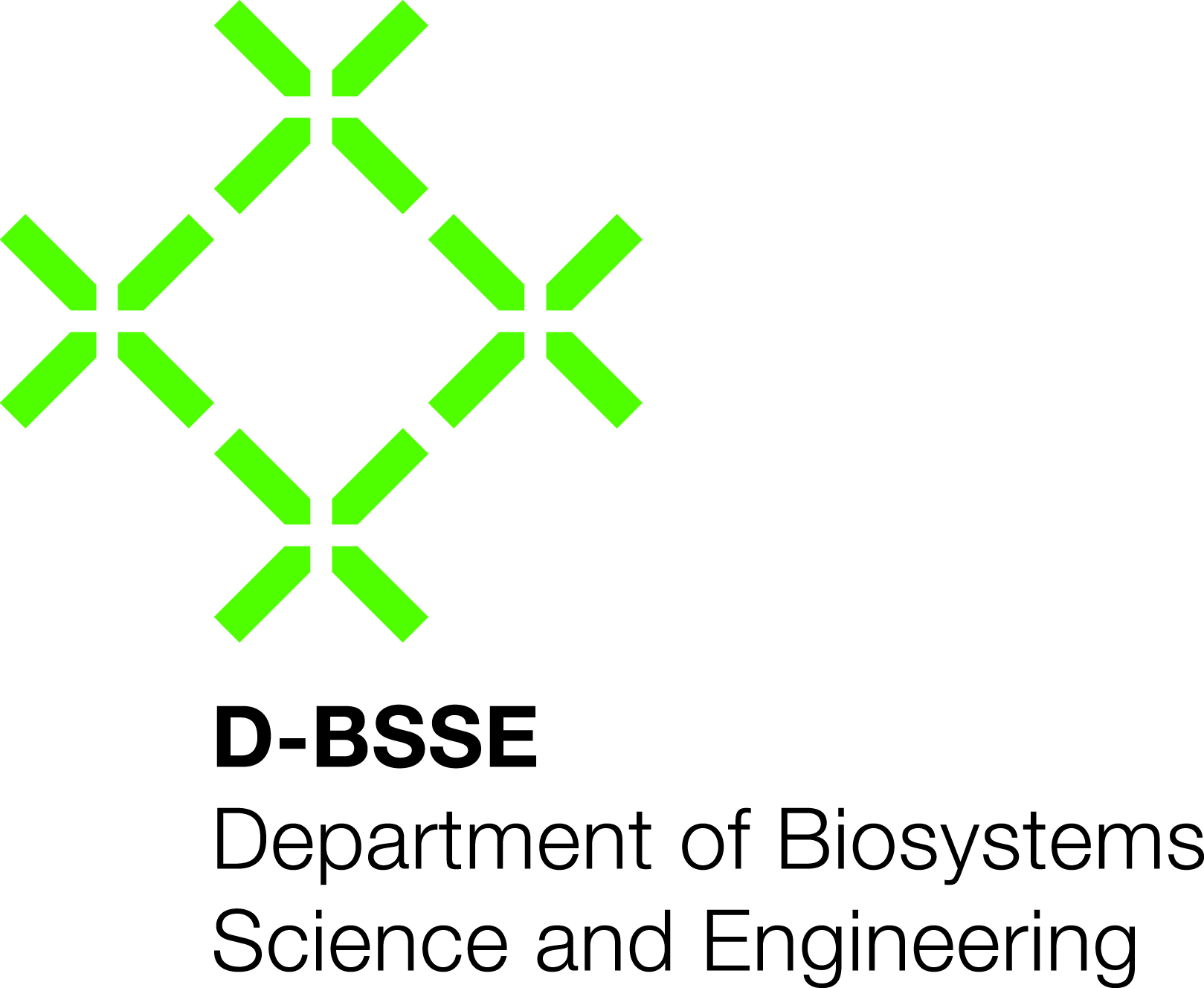Team:ETH Zurich/Templates/Test3
From 2013.igem.org
| Line 116: | Line 116: | ||
if (!(newWidth !== curWidth || | if (!(newWidth !== curWidth || | ||
newHeight !== curHeight)) { | newHeight !== curHeight)) { | ||
| - | resize(); | + | resize(false); |
} | } | ||
checking=false; | checking=false; | ||
| Line 122: | Line 122: | ||
} | } | ||
| - | function resize() { | + | function resize(initial) { |
| + | |||
| + | if (navigator.userAgent.match(/msie/i)) | ||
| + | { | ||
| + | if ($("#bxsliderText").parent().css("height") != $("#bxslider").parent().css("height")) | ||
| + | setTimeout(function() {$( "#bxsliderText" ).parent().css({"height": $("#bxslider").parent().css("height")});}, 300); | ||
| + | } | ||
| + | } | ||
| + | |||
| + | if (!initial) | ||
| + | { | ||
var container = $('#bxslider > li'); | var container = $('#bxslider > li'); | ||
var imgWidth = container.width(); | var imgWidth = container.width(); | ||
| Line 130: | Line 140: | ||
$(this).mapster('resize',Math.min(imgWidth, $(this).naturalWidth()) ,0,0); | $(this).mapster('resize',Math.min(imgWidth, $(this).naturalWidth()) ,0,0); | ||
}); | }); | ||
| + | } | ||
} | } | ||
| Line 160: | Line 171: | ||
{ | { | ||
onWindowResize(); | onWindowResize(); | ||
| - | + | ||
| - | + | ||
| - | + | ||
| - | + | ||
| - | + | ||
| - | + | ||
); | ); | ||
| + | |||
| + | resize(true); | ||
Revision as of 15:19, 26 September 2013
Colisweeper is an interactive, biological version of the Minesweeper computer game, based on luxI/luxR quorum sensing and chromogenic enzymatic reactions. The goal is to clear an agar “minefield” without detonating mines.
Genetically engineered Escherichia coli colonies are used as sender-cells (mines) and receiver-cells (non-mines). Mines secrete the signaling molecule N-(3-oxohexanoyl)-l-homoserine lactone (OHHL) whereas non-mines process the signal. To distinguish between OHHL-levels, a library of PLuxR promoters with various sensitivities was created through site-saturation mutagenesis. High-pass filters were constructed to control the expression of different orthogonal hydrolases in non-mines, depending on the number of surrounding mines.
Additionally, the mines express their own hydrolase.A spatiotemporal reaction-diffusion model was established to evaluate and improve the system. To play Colisweeper, a colorless substrate solution is pipetted onto a colony of choice. The result is a defined color change within minutes, allowing identification of the played colony and the number of mines surrounding it.
 "
"















